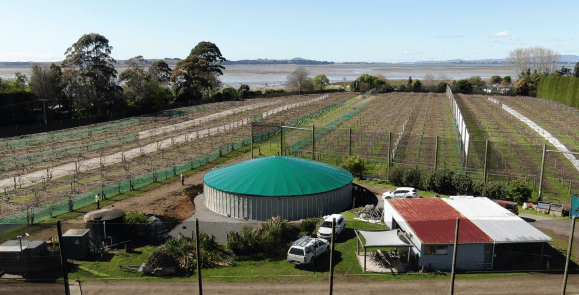Maximizing Efficiency: How to Properly Use Your Farm Water Tank

Water is one of the most valuable resources on a farm, essential for crop irrigation, livestock hydration, and various other agricultural activities. A farm water tank is a crucial component of any agricultural operation, allowing farmers to store and distribute water efficiently. Proper use of a farm water tank not only ensures a reliable water supply but also helps in maximizing efficiency and reducing wastage. If you need more information about farm water tanks, you can contact Kliptank.
1. Regular Maintenance
Inspect for Leaks
- Check the tank for any signs of leaks or damage regularly.
- Repair any leaks promptly to prevent water loss.
Clean the Tank
- Regularly clean the tank to remove sediment, algae, and other contaminants.
- Use a pressure washer or scrubbing brush for thorough cleaning.
Check Filters and Screens
- Inspect and clean filters and screens to ensure proper water flow.
- Replace any damaged filters or screens as needed.
2. Proper Water Management
Monitor Water Levels
- Regularly check the water levels in the tank to avoid overfilling or running out of water.
- Use a water level gauge or sensor for accurate monitoring.
Implement Rainwater Harvesting
- Install a rainwater harvesting system to collect and store rainwater in the tank.
- Use rainwater for non-potable purposes to reduce reliance on mains water supply.
Utilize Drip Irrigation Systems
- Opt for drip irrigation systems to deliver water directly to the roots of plants.
- Minimize water wastage and ensure efficient water usage with drip irrigation.
3. Energy-Efficient Practices
Optimize Pump Efficiency
- Regularly maintain and service water pumps to ensure optimal efficiency.
- Use energy-efficient pump models to reduce electricity consumption.
Consider Solar-Powered Options
- Explore solar-powered pump options for a sustainable and cost-effective water supply.
- Harness solar energy to power water pumps and reduce reliance on grid electricity.
Implement Timers and Automation
- Use timers and automation systems to schedule water distribution at optimal times.
- Reduce manual intervention and ensure efficient water usage with automated systems.
4. Water Conservation Practices
Practice Precision Irrigation
- Implement precision irrigation techniques to deliver the right amount of water to crops.
- Use soil moisture sensors to determine the water needs of plants accurately.
Implement Cover Crops
- Plant cover crops to reduce evaporation and soil erosion, retaining moisture in the soil.
- Reduce water loss and improve soil health with cover crops.
Reuse and Recycle Water
- Collect and reuse water from various sources for irrigation and other agricultural purposes.
- Implement water recycling systems to minimize water wastage on the farm.
By following these tips and practices, you can maximize the efficiency of your farm water tank and ensure a sustainable water supply for your agricultural operations. Proper maintenance, water management, energy-efficient practices, and water conservation techniques are key to making the most out of your farm water tank. Remember that water is a precious resource, and every drop counts on the farm.